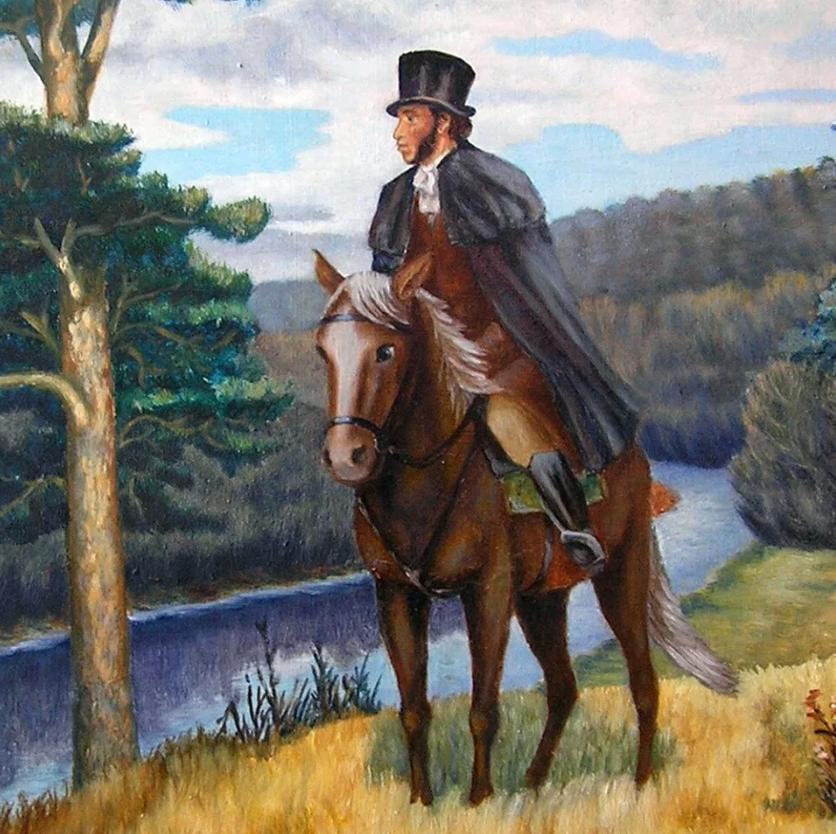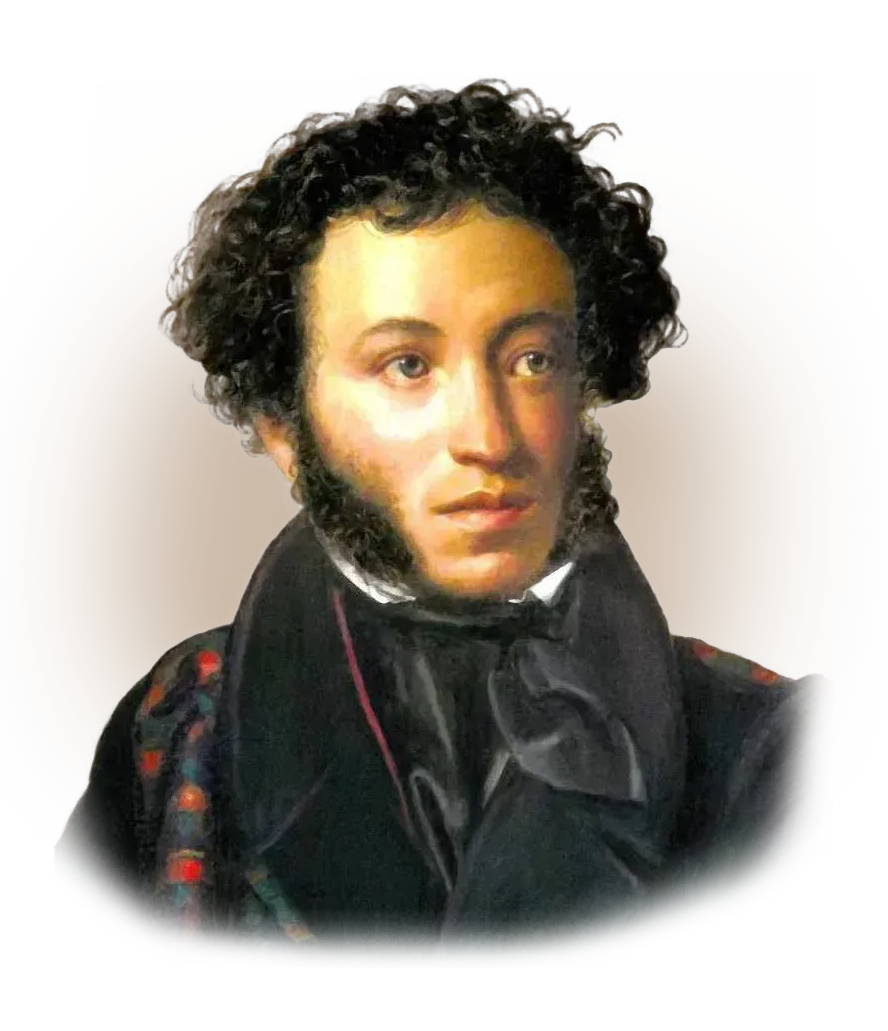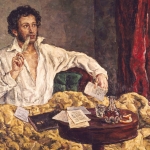
06.01.2023
It should be noted that the caustic, and even evil lines of the ode “Liberty” could not but outrage the tsarist government, accustomed to praising court poets. Alexander I saw in this ode an attempt on autocracy. Moreover, he had heard rumors about secret societies.
Reasons
And if not for the intercession of Pushkin’s friends and admirers close to the court, he could have been sent to Siberia. After the expulsion of Pushkin from the capital, the tsarist autocracy warned the rest of the freethinkers that it would not tolerate free thoughts from people who were called to protect the throne and the interests of the state. The nobility has always been the mainstay of the throne. And here? Some Pushkin is outraged by the calm in the state. This is the main reason for Pushkin’s southern and then Mikhailovsky exile.
Pushkin’s acquaintance with the Caucasus and the Crimean Peninsula served as a detonator of new creative ideas and ideas, gave rise to the lyrics of 1820-1824, and influenced his subsequent work in the quiet wilderness of the village of Mikhailovskoye, where he was sent by the efforts of the Crimean governor Count Vorontsov.
Count Vorontsov initially treated Pushkin warmly. But the young poet was a straightforward, passionate man. And talented. And next to such personalities, not everyone is comfortable
Novel
He allowed himself to be carried away by Count Vorontsov’s wife. It is believed that Alexander Rayevsky was also in love with Elizabeth Ksaveryevna Vorontsova, and she reciprocated him. She felt only deep respect and friendship for the famous writer. The poet himself did not know how to conceal his thoughts and feelings, which brought upon himself the anger and jealousy of the Governor-General of Bessarabia and Novorossiya, fueled by Rayevsky, who was also interested in removing, as it seemed to him, a rival. Most likely, the existence of a connection between Vorontsova and Pushkin is a figment of the imagination of gossips. Count Vorontsov’s dislike of the young writer was fueled by his caustic epigrams, and the governor decided to get rid of him. For a report to Chancellor Nesselrode, he used Pushkin’s letter to Vyazemsky, in which he confessed his penchant for atheism. Then it was decided to send Pushkin to his mother’s ancestral estate – Mikhailovskoye.

Impressions and works
At first, the exiled Pushkin got bored, but then he realized that he could not find a better time and place for literary creativity, and he plunged into work. Here he finished the poem “Gypsies”, reworked the impressions of the southern exile, as a result of which the poems “The Fountain of Bakhchisarai”, “Eugene Onegin”, “Count Nulin” appeared, which were conceived during his travels and service in the South.
While in Mikhailovsky, he gained access to the chronicles stored in the Svyatogorsk Monastery, studied the history of Karamzin and wrote the historical poem “Boris Godunov” with his characteristic scrupulousness. During the years of exile, Pushkin’s talent grew stronger and acquired his own handwriting, a peculiar style. After reading the tragedy “Boris Godunov”, P.A. Vyazemsky wrote: “… Pushkin’s mind unfolded in earnest, his thoughts matured, his soul cleared up, he ascended to a height in this creation that he had not yet reached.”
Poems
Pushkin’s poems of the Mikhailovsky exile period are inspired by the romance of the south and filled with lyricism. These are
“The Storm” (“You saw the virgin on the rock…”),
“To the sea”,
“Imitations of the Koran”.
The romantic works of Alexander Sergeevich were written under the influence of Byron’s creativity, which he was passionate about in his youth. The first sprouts of realism appear here (“Eugene Onegin”).
Interaction with loved ones
He maintains an active correspondence with friends in St. Petersburg, takes care of the publication of literary works written by him and works hard. Communication with friends generates a separate genre of ironic poems, sometimes he creates caustic epigrams that quickly fly around St. Petersburg in the lists.




